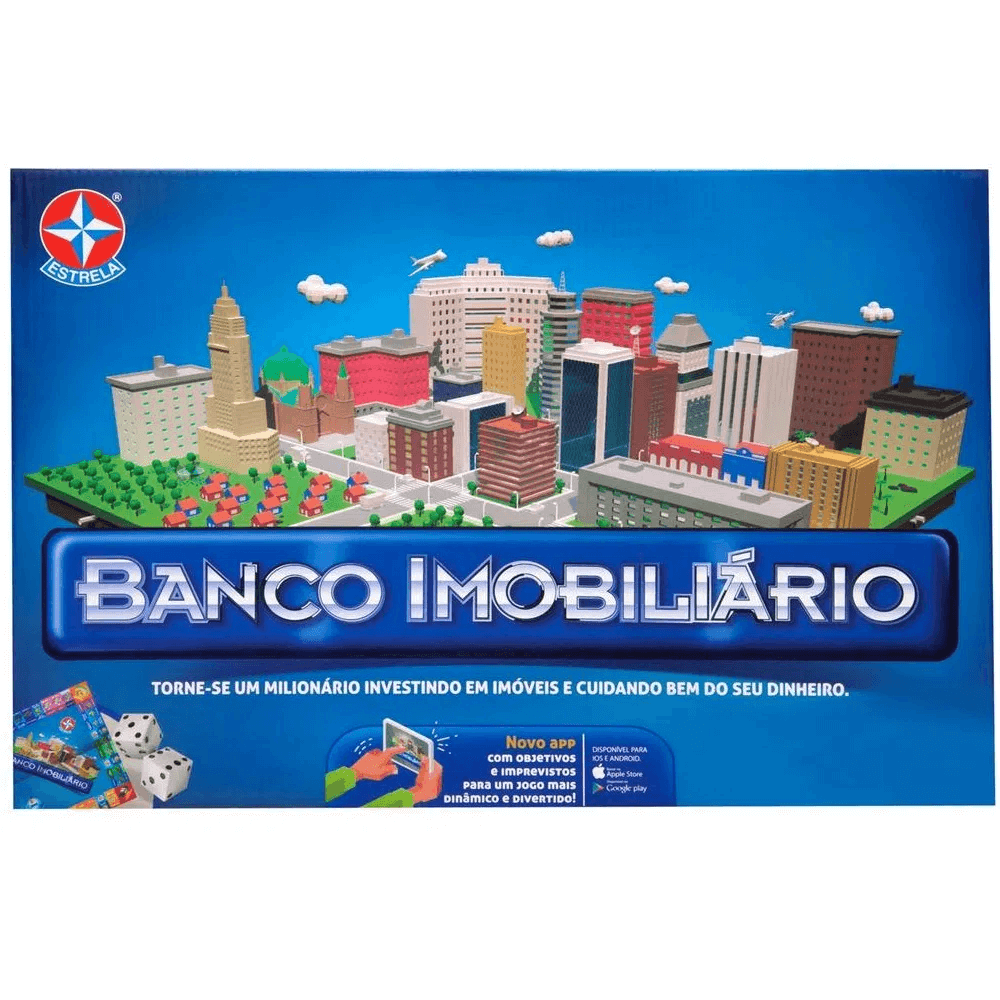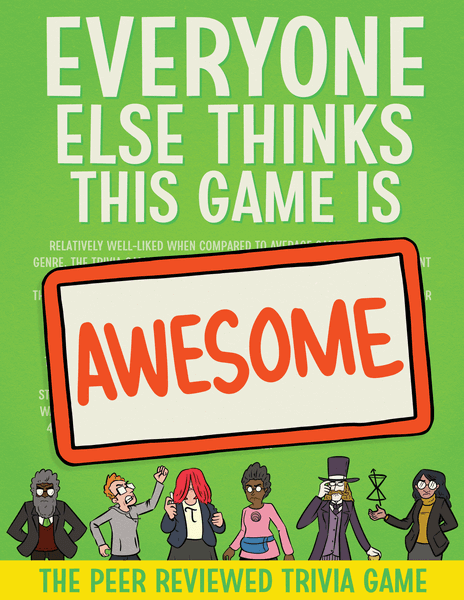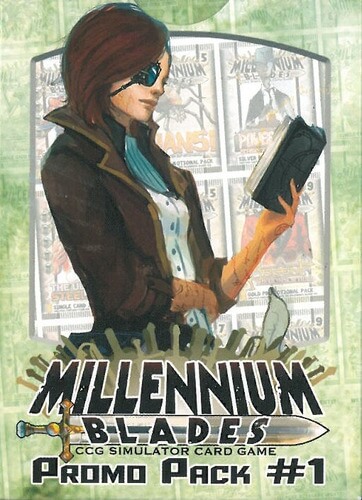
Real Estate Bank
**Real Estate: The Board Game Classic** Banco Imobiliário is a timeless game that brings the excitement of the real estate market to the dinner table. The idea is simple: you start with an initial capital and must buy properties, build houses and hotels and, of course, collect rent from your opponents. The aim is to see who can accumulate the most wealth and ultimately bankrupt everyone else. I remember family afternoons playing Monopoly, where every property purchase became a real contest. Building houses was never just a chore; it was a strategy to annoy the younger brother who always thought he was going to win. The laughter and petty rivalries made each game unique. Over the years, various versions and themes have emerged, but the essence of the game remains the same. It always involves the fun of trading, bartering and, of course, the adrenaline rush of falling for the most expensive properties. It's a great way to spend time with friends and family, creating memories that go beyond the cards and the board. If you're looking for a game that mixes strategy, luck and lots of laughs, Banco Imobiliário is the right choice. Get ready for the competition and good luck on your real estate journey!Artists: ;
Designers: Charles Darrow; George S. Parker
Date: 1935
Note: 5.4
Mechanics: Collecting Sets, Elimination of players, Loans, Auction / Bidding, Auction: Free Bids, Stock Market, Movement on the Trail, Negotiation, Scroll / Rotate and Move
Topics: Economy / Production
Table of Contents
- How to Play
- Tips for playing
- Game mechanics
- Game components
- Additional Information
OBJECTIVE OF THE GAME
Tips for playing
Here are some tips for doing better in the game Real Estate Bank:
- Try to buy as many properties as possible at the start of the game. This increases your chances of building houses and hotels quickly.
- Pay attention to color sets; monopolizing all the properties of a color allows you to charge more. Prioritize completing sets.
- Be careful when spending all your money. Keep a reserve for emergencies, such as paying taxes or high rent.
- Trade with other players. Sometimes exchanging properties can be more advantageous than buying them.
- Concentrate on building houses and hotels in more expensive locations first; these properties generate higher rental returns.
- Beware of falling into financial traps such as very expensive properties or lucky/azar cards that can drain your cash quickly.
- Keep an eye on your opponents' movements. Understanding their strategy can help you anticipate and make smarter moves.
- Evaluate the sale of non-strategic properties to generate liquidity when necessary.
- Sometimes it's worth getting stuck in jail to avoid falling into other people's properties, especially if the board is full of houses and hotels.
- Have fun and remember that, despite the competitiveness, the main objective is fun and a strategic challenge with friends or family.
Video about the game
GAME mechanics
- Collecting Sets - The idea is to get all the properties in the same color. This makes it possible to build houses and hotels, increasing the rental value and guaranteeing a financial advantage.
- Negotiation - Players can exchange individual properties or groups of properties. This mechanic is essential for completing sets, encouraging strategic agreements between participants.
- Elimination of Players - Once a player is unable to honor his debts, he leaves the game. This happens when you run out of funds and property, focusing the dispute among the remaining players.
- Auction / Bidding - If a player doesn't want to buy a property, it goes up for auction. Everyone can take part, bidding as much as they see fit until the highest bidder takes the property.
- Scroll / Rotate and Move - Two dice are rolled to determine how many squares the player will advance. Movement is not just luck, but influences buying and trading strategy.
- Loans - By mortgaging properties, players raise capital. While mortgaged, the property earns no rent, making the strategy a calculated risk.
- Movement on the Trail - The board is traversed in such a way as to pass through different types of spaces, each with its own consequences, from winning-losing money to going to prison.
Game components
See all the items in the game below Real Estate Bank:
- 30 lucky/revenge cards
- 2 data
- 6 pawns
- 12 buildings (hotels)
- 32 properties (houses)
- 1 game board
- 28 ownership documents (titles)
- 380 banknotes (60 of $1, 80 of $5, 90 of $10, 80 of $50, 40 of $100 and 30 of $500)
Additional Information
- Ludopedia link: https://ludopedia.com.br/jogo/monopoly
- Link Tabletopia:
- Amazon Brazil link: Comprar Banco Imobiliário
- Amazon USA link: Comprar Banco Imobiliário


